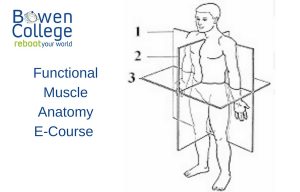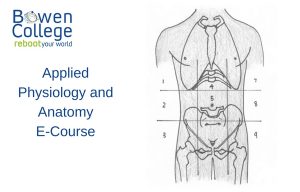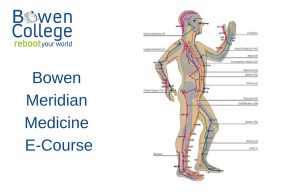Stress affects your thinking (and your perception). When you’re under stress, hills look taller and weights feel heavier than they really are. You go into automatic survival mode and creativity and adaptive problem solving thinking goes out the window.
Thinking, in turn, also affects your stress. There are objective facts we need to accept, but how we interpret those facts makes all the difference to our level of stress. When you hold the perspective that challenges can be overcome, your behavior matters, and change is possible, you thrive with challenges and manage the automatic stress response that can damage your health.
Though it comes down to a bit of “the chicken and the egg” scenario, stress also impacts our physiology and vice versa.
This is why there is a limit to the impact cognitive therapy can have on stress and why high blood pressure cannot easily be managed with behavioural therapies. Stress is perceived by the body in direct proportion to the balance of our stress hormones. When your body’s stress hormones are elevated, such as by an increase in cortisol, adrenaline or norepinephrine levels, you experience negative emotions. When on the other hand, you have an increase in serotonin and dopamine, you experience positive emotions. Balancing the autonomic nervous system allows the body to recalibrate, will normalize blood pressure as well as impact the hamster wheel of stress perception vs experience. It has also been well documented and experienced that physical activity lowers stress, as well as yoga and meditation. In short, it is through the “felt BODY experience” that we can best impact physiological stress. This is connected to the ability to regulate stress with proper oxygenation – hence the breathing exercises suggested for stress and anxiety.
One of the most effective treatment for physical, emotional and mental trauma I have found in my practice is BowenFirst™ Therapy and would like to share with you the incredible impact this treatment has had on my patients for various conditions and symptoms including, but not limited to, anxiety, depression, learning disabilities, ADHD, as well as unlocking and supporting giftedness. It works by dialling down the physiological stress and resetting the autonomic nervous system to optimal firing and functioning.









